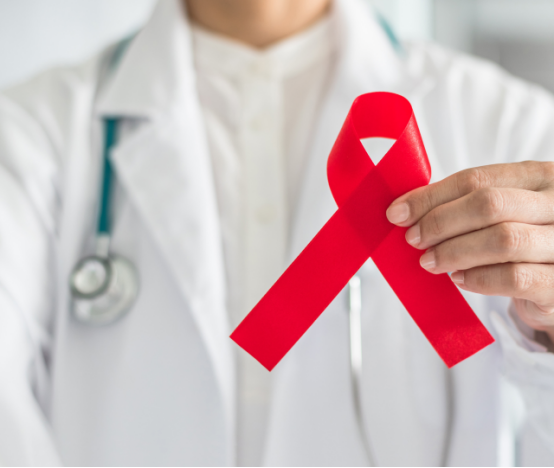
HIV treatment has come a long way in the past few decades, and with the introduction of one-pill regimens, managing the virus has never been simpler. If you're living with HIV or are at risk, you may be wondering if this new treatment option is right for you. Let's dive into what makes the one-pill HIV treatment revolutionary and how it could improve your quality of life.

What is One-Pill HIV Treatment?
One-pill HIV treatment refers to a regimen that combines several medications into a single daily pill. These pills typically contain a combination of antiretroviral drugs that work to prevent the HIV virus from replicating in the body, reducing the viral load to undetectable levels. Unlike traditional HIV regimens, which required taking multiple pills throughout the day, the one-pill approach simplifies the process, making it more convenient and manageable for those living with HIV.
Benefits of One-Pill HIV Treatment
Simplified Treatment: One of the most significant benefits of the one-pill regimen is the simplicity it brings to your treatment plan. No more worrying about multiple doses or remembering different medications throughout the day. You only need to take one pill at the same time each day.
Better Adherence: Studies show that patients are more likely to stick to their treatment plans when they only need to take one pill. This can lead to better health outcomes, including achieving and maintaining an undetectable viral load.
Improved Quality of Life: Fewer medications mean less disruption to your daily routine. This can reduce the stress associated with managing multiple pills, making it easier to live a healthy, fulfilling life.
Convenience and Privacy: The one-pill treatment is discreet and easy to take, allowing you to manage your condition privately. You can travel with ease without worrying about packing several different bottles of medication.
Is One-Pill Treatment Right for You?
While one-pill HIV treatment offers numerous benefits, it's important to talk to your healthcare provider about your specific needs. Here are a few factors to consider:
Current Health Status: Your doctor will assess whether the one-pill regimen is suitable for you based on your health history, viral load, and other medications you might be taking.
Side Effects: Like all medications, the one-pill treatment may cause side effects. Your doctor will help you weigh the risks and benefits, ensuring that the treatment you choose aligns with your health goals.
Insurance Coverage: Before starting any treatment, it's a good idea to check with your insurance provider to ensure the one-pill regimen is covered under your plan.
Making the Decision
Choosing the right HIV treatment is a personal decision. The one-pill regimen offers a more streamlined approach that many people find appealing. However, the most important factor is working with your healthcare team to determine the best course of action based on your specific needs.
If you're considering switching to a one-pill HIV treatment, or if you're new to HIV treatment altogether, don't hesitate to reach out to your doctor. They can help guide you toward the treatment that will best support your health and lifestyle.
Take Control of Your Health Today
Living with HIV no longer means managing a complicated, burdensome medication schedule. With one-pill treatment options, you can simplify your routine, improve your health, and focus on living your life to the fullest.
If you're interested in learning more about one-pill HIV treatment, speak to your healthcare provider about how it can benefit you. Take control of your health today, and make the choice that’s right for you.
This article is intended to provide general information and should not be considered medical advice. Always consult with your healthcare provider before making any changes to your treatment plan.







